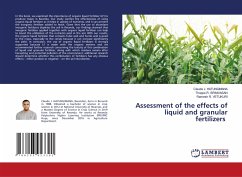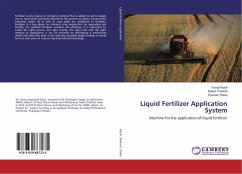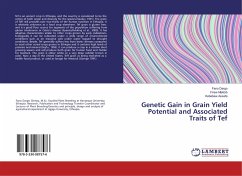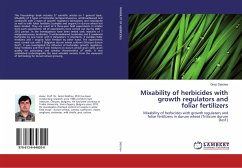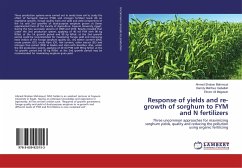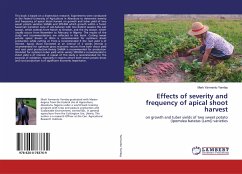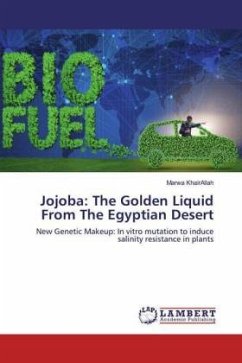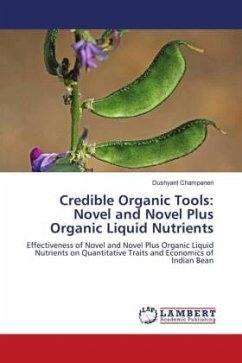In this book, we examined the importance of organic liquid fertilizer (LF) to produce maize in Rwanda. Our study clarifies the effectiveness of using organic liquid fertilizer as it helps in uptake of nutrients, and it can prevent the inorganic fertilizer added to leach. Given that the use of abundant inorganic fertilizers depletes the soil in Rwanda, our findings showed that inorganic fertilizer applied together with organic liquid fertilizer can help to boost the utilization of the nutrients exist in the soil. With our results, the organic liquid fertilizer that contains fulvic acid and humic acid is good to the crops, especially to the cerials because it can increase significantly the yield. In conlusion, the use of organic liquid fertilizers is strongly supported because LF is made with the organic matters and we recommended further research concerning the toxicity of this combination of liquid and granular fertilizer, along with which residues remain after harvesting and potential pollution of the environment, additional research should determine whether this combination of fertilizers has any obvious effects - either positive or negative - on the soil microbiome.

